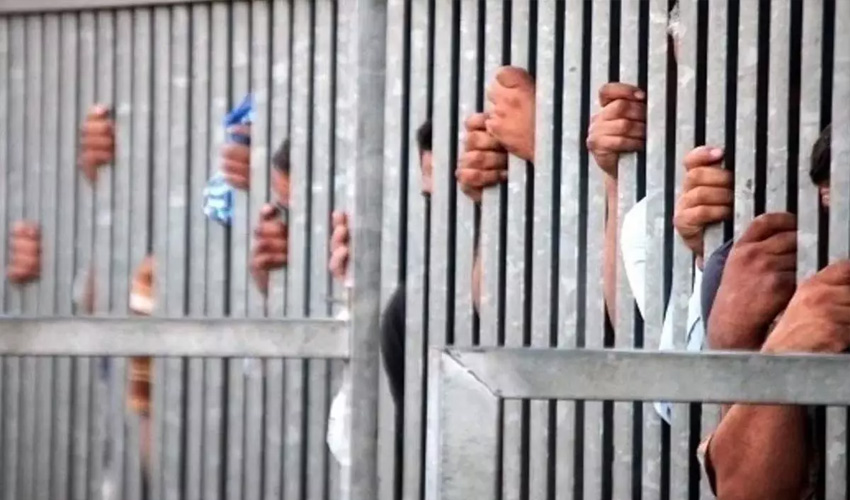Although prisons and penitentiaries are meant to be places of correction where criminals are sent to find redemption for their transgressions, jail cells in Pakistan tend to have a more detrimental effect on the personalities of those inside.
Because of the likelihood that minor offenders in Pakistani jails will go on to commit serious crimes, convicts in those countries are deprived of their identities. The inhumane conditions of prison have a tremendous effect on one’s sense of self and identity.
Dehumanization of prisoners is an unquestionable practice that leads directly to identity loss because prisoners are frequently stripped of their personality and reduced to the objects of their crimes. The strict symbolic order enforced by the prison system hinders inmates’ ability to make sense of their surroundings.
Prisoners’ identities are further undermined by the degrading labels, cell numbers, inmate numbers, duties, and chores that are allocated to them. A lowered feeling of self-worth and internalized shame are the outcomes of this labeling. Prisoners lose their autonomy due to the strict rules and lack of personal freedom, which exacerbates their sense of helplessness and identity loss.
It is accurate, then, to suggest that a prison atmosphere often brings out the’shadow’ side of a person’s psyche, that is, the aspects that are suppressed or denied. A Stylistic Study of Prison Narratives: A Critical Approach by Magray and Farooq claims that being incarcerated entails having one’s physical and mental autonomy limited as well as being cut off from social, cultural, and political contexts. These factors ultimately increase hostility, fear, and a feeling of alienation from one’s own people.







